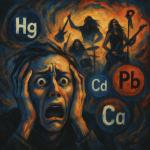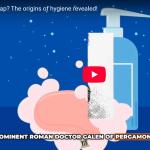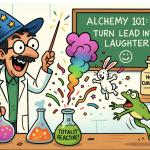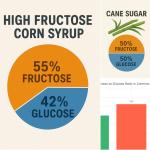Join Cameron English and Dr. Chuck Dinerstein on Episode 141 of the Science Dispatch podcast as they discuss Brazil outbreak of alcohol poisoning:
Chemicals & Chemistry
Lead is a naturally occurring element in soil, water, and air. It shows up in trace amounts in foods, including protein powders—often just 0.5 to 3 micrograms per serving.
When two things happen together, like ice cream sales and sunburns both rising in summer, it’s tempting to think one causes the other. But correlation just shows a relationship, not a cause.
By almost any measure, autism is the topic du jour. Lately, Tylenol has been the culprit, but traditionally, other factors, such as heavy metal exposure, are the purported culprits.
Scientists in Germany tested 94 substances on E. coli in a lab. They found that caffeine flips a switch in the bacteria called Rob, which makes it harder for certain antibiotics.
I recently wrote about hexanitrogen, perhaps the world's most perfect rocket fuel, and a seriously bizarre molecule that decomposes like
Join Cameron English, Dr. Chuck Dinerstein and Dr. Josh Bloom on Episode 128 of the Science Dispatch podcast as they discuss:
Soap making can be traced back to a few ancient precursors, specifically the Mesopotamians and Egyptians, but the Gauls really sent it-- mixing animal fat and beech or elm ash to make paste that gave their hair a reddish glow.
It's a Friday summer weekend. Brain is fried. Concentration, which isn't all that swift on a good day, is... what's that word?
Which means that it's a good time to do something fun.
For more video content, subscribe to our YouTube channel.









